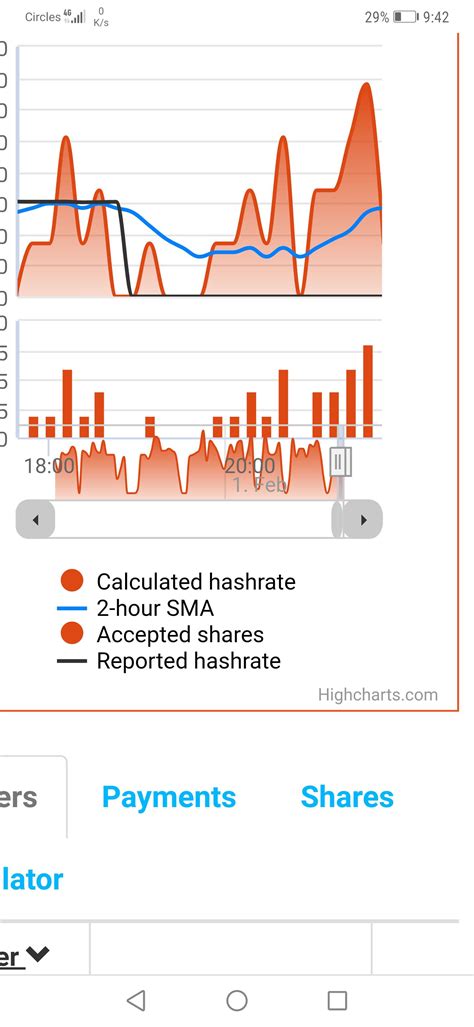Share to Share: Understanding Ethereum Pool Conflict
As an avid Ethereum user and miner, it’s only natural to expect that when you find a stake, your block will be recognized by the network and appear on the blockchain. However, for some miners, this doesn’t always happen as expected. One common issue is a mismatch between the number of shares held by a local mining facility and the number of shares reported by the Ethereum pool.
Why is this happening?
Several factors contribute to this discrepancy:
- Network Congestion: When many miners compete for blocks, the network becomes congested, causing delays in the verification process. This can cause a delay in the reporting of shares found on local hardware.
- Verification Times: The Ethereum blockchain is designed with a slow verification process (60 minutes). During this time, miners may not be aware of the share they have found until other nodes confirm the block.
- Pool Balancing: As new blocks are mined and added to the pool, existing shares may need to be rebalanced to maintain a fair distribution of rewards. This process can sometimes lead to discrepancies between the number of local mining rigs and the number of reported shares.
When will this happen?

This issue is most common when:
- Miner confirmation times are slow: If your local hardware has slow confirmation times, it may take longer for shares to be verified and reported.
- Pool Rebalancing is Common: When a pool constantly changes its share allocation, some shares may not appear correctly on the local system.
- Network Congestion Continues: Ongoing network congestion can lead to delays in block verification and share reporting.
Workarounds and Workarounds
To minimize this mismatch:
- Use reliable mining hardware: Choose a mining rig with fast backup times to reduce the likelihood of congestion and backup delays.
- Monitor pool balancing: Keep an eye on your pool’s share distribution to ensure it’s adjusted correctly.
- Configure advanced mining settings: Some mining software allows you to adjust settings like block time or confirmation timeout to optimize performance and reduce network congestion.
Conclusion
While having a mismatched number of shares can be frustrating, it’s not necessarily a sign of an issue with your hardware or local pool. By understanding the factors that contribute to this conflict and implementing strategies to mitigate them, you can minimize the impact on your Ethereum mining experience.

